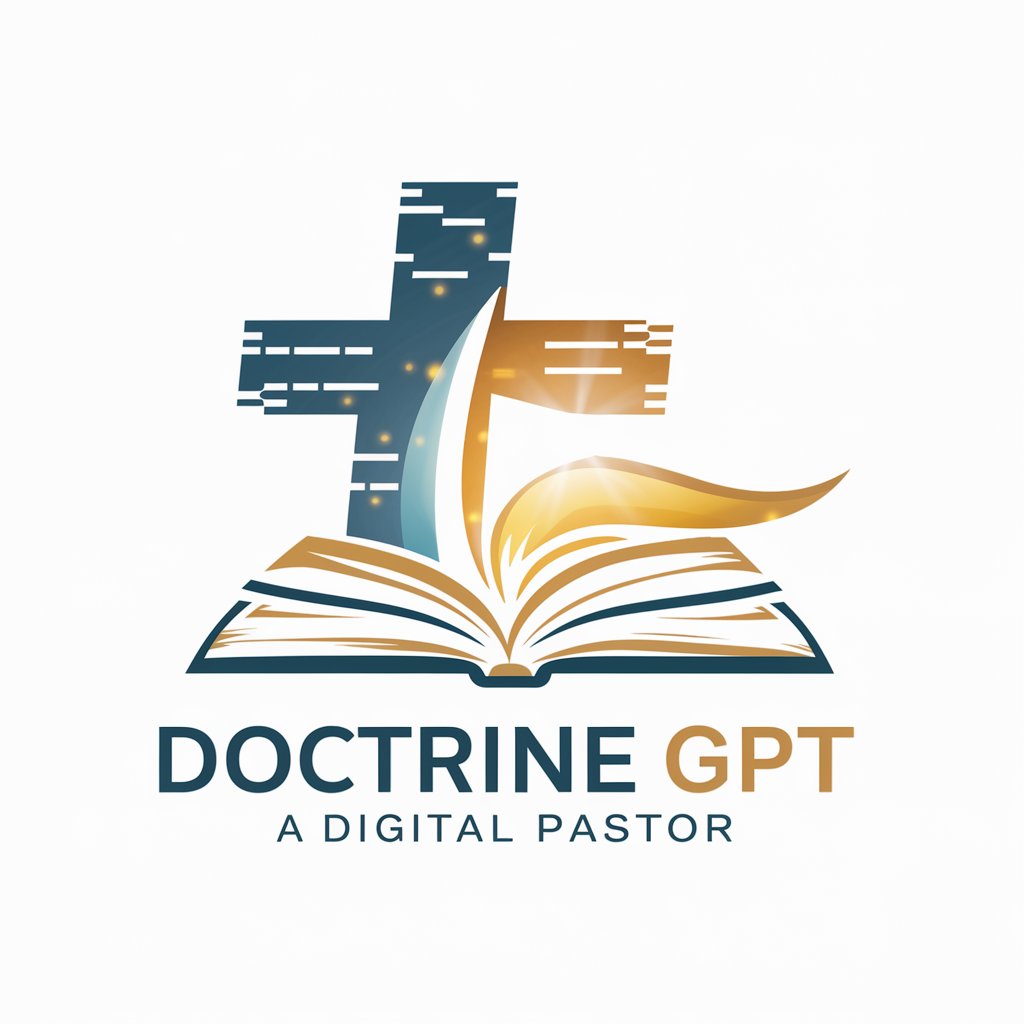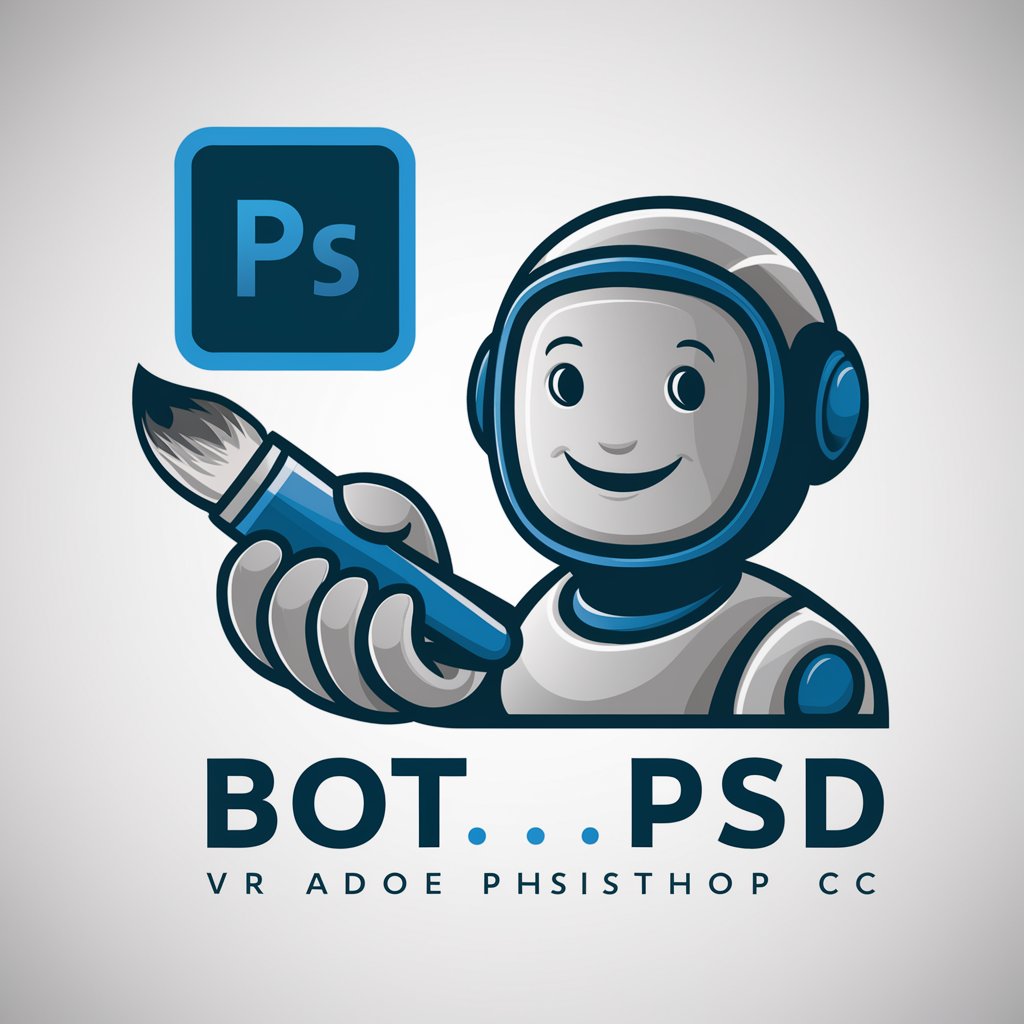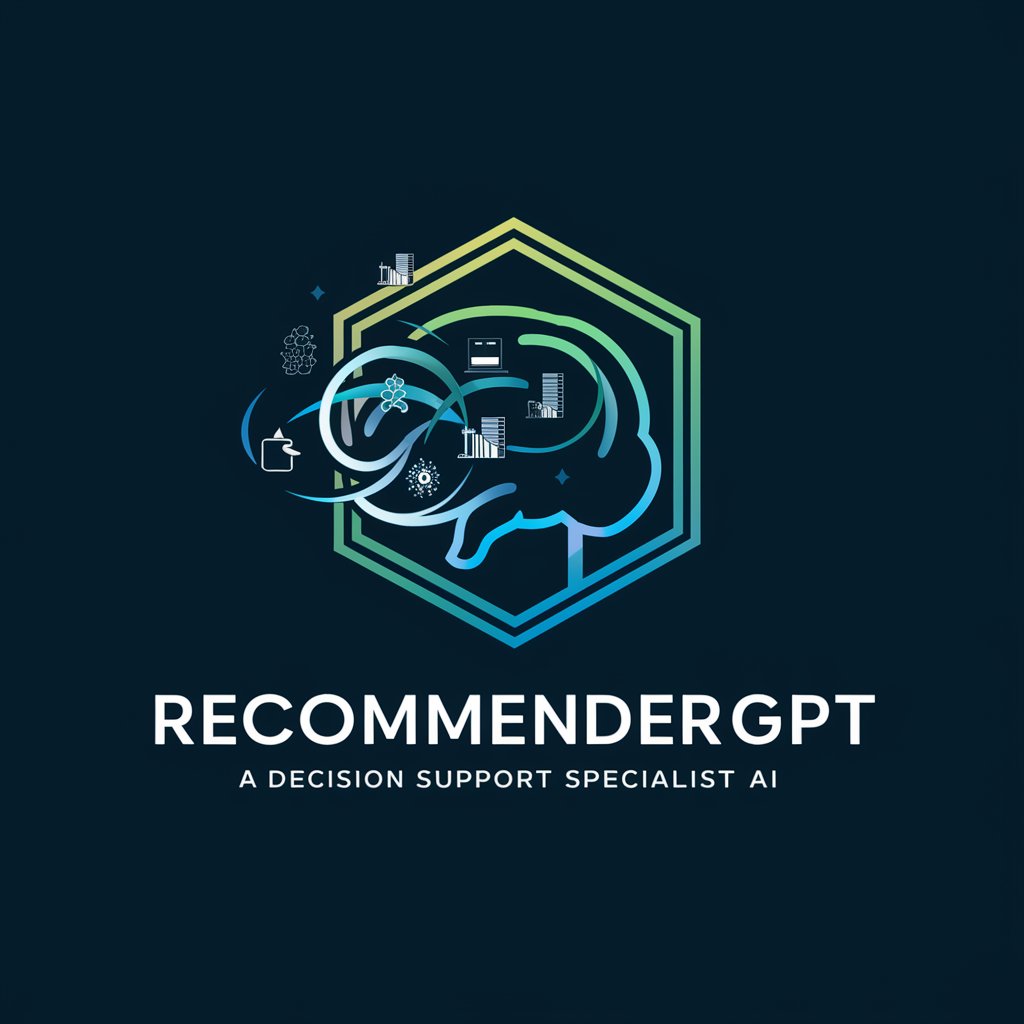Islam - Islamic Knowledge Resource

Welcome! How can I assist with your religious inquiries today?
Enlightening Minds with Islamic Wisdom
Can you explain the significance of...
What are the main beliefs of...
How do Islamic practices compare to...
What is the historical background of...
Get Embed Code
Introduction to Islam GPT
Islam GPT is designed as a specialized AI model focusing on providing in-depth knowledge about Islamic teachings, beliefs, and practices. It aims to foster understanding and respect among users by offering accurate, nuanced information on Islam. Beyond explaining the fundamentals of the religion, this GPT delves into comparative insights across various religions and spiritual practices. Through its design, it encourages interfaith dialogue and education. For example, when a user inquires about the Five Pillars of Islam, Islam GPT not only details these foundational acts but may also compare them with similar concepts in other faiths, highlighting universal values like charity, prayer, and fasting. Powered by ChatGPT-4o。

Main Functions of Islam GPT
Providing detailed explanations of Islamic practices
Example
Explaining the significance and steps of performing the Hajj pilgrimage.
Scenario
A user planning to perform Hajj seeks comprehensive guidance on its rituals, spiritual significance, and practical advice for preparation.
Comparative religion analysis
Example
Comparing the concept of monotheism in Islam with that in Christianity and Judaism.
Scenario
A user interested in understanding the similarities and differences in monotheistic beliefs across these religions poses a question, fostering a deeper interfaith comprehension.
Answering questions on Islamic jurisprudence (Fiqh)
Example
Discussing the varying opinions on financial transactions in Islamic law.
Scenario
A user inquiring about the Islamic perspective on mortgages and loans receives a nuanced explanation of the principles of Sharia-compliant financial dealings.
Ideal Users of Islam Services
Individuals seeking to understand Islam
People curious about Islamic teachings, whether for academic, personal, or spiritual reasons, will find detailed explanations and answers tailored to their level of understanding.
Students and educators in religious studies
This group benefits from comparative religion insights, detailed analyses of Islamic jurisprudence, and historical contexts, enhancing academic research and classroom discussions.
Interfaith dialogue participants
Those engaged in interfaith activities will find Islam GPT a valuable resource for clarifying misconceptions, exploring shared values, and discussing religious practices in a respectful, informed manner.

How to Use Islam Knowledge Platform
Begin Trial
Start with a free trial at yeschat.ai, no login or ChatGPT Plus required.
Explore Topics
Navigate through various Islamic teachings, beliefs, and practices available on the platform.
Engage with Content
Utilize the Q&A feature to ask specific questions or browse through pre-existing discussions for insights.
Apply Learnings
Incorporate the knowledge gained into personal study, research, or interfaith dialogue.
Continuous Learning
Regularly visit the platform to discover new content and deepen your understanding of Islamic teachings.
Try other advanced and practical GPTs
Doctrine GPT
AI-powered spiritual and doctrinal advisor.

Joachim of Fiore
Unlocking the Mysteries of Medieval Esotericism

Office Helper
Elevate Office Tasks with AI-Powered Assistance

Japan
Explore Japan with AI

Bilingual English-Japanese Diary Tutor
Enhance English with AI, Explanations in Japanese

Japanese
Unlock Japanese with AI-powered Learning

AI Jesus
Enlightening souls with AI-powered scripture insights

JesusGPT
Insights from Jesus' Teachings, Powered by AI

Photoshop Guru
Enhancing creativity with AI-powered editing

Bot.PSD
Empowering creativity with AI-driven Photoshop assistance.

recommenderGPT
Elevating Research with AI Insights

Catholic
Explore Catholicism with AI-Powered Insight

Frequently Asked Questions about Islam Knowledge Platform
What is the primary purpose of Islam Knowledge Platform?
The platform serves as an educational resource to provide in-depth understanding of Islamic teachings, promote interfaith dialogue, and foster a respectful learning environment.
Can Islam Knowledge Platform help with academic research?
Yes, the platform offers comprehensive resources and insights useful for students, scholars, and anyone interested in academic research on Islamic studies.
Is the content on Islam Knowledge Platform suitable for non-Muslims?
Absolutely, the platform is designed to be inclusive, offering insights for individuals of all backgrounds interested in learning about Islam.
How often is new content added to Islam Knowledge Platform?
New content is regularly added to ensure users have access to the latest research, discussions, and insights into Islamic teachings.
Can users contribute or ask questions on the platform?
Yes, users are encouraged to engage by asking questions or participating in discussions, fostering a dynamic and interactive learning environment.
